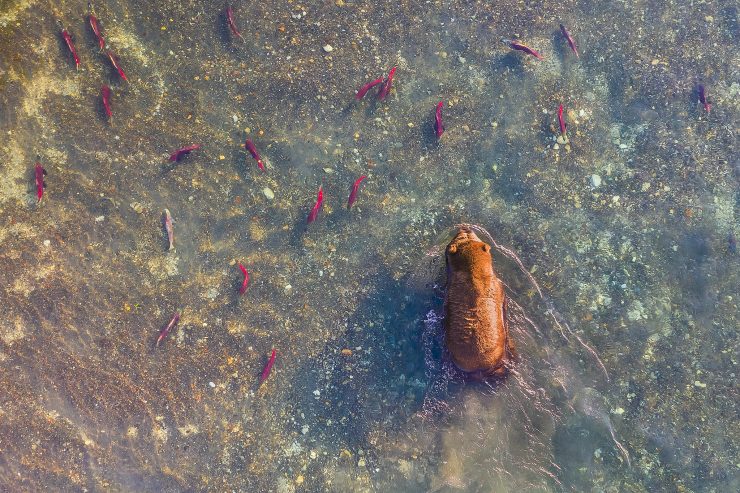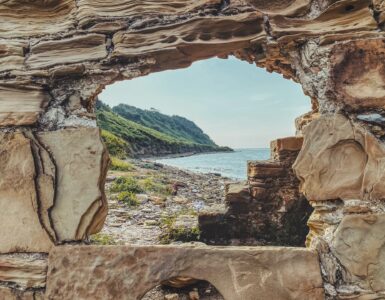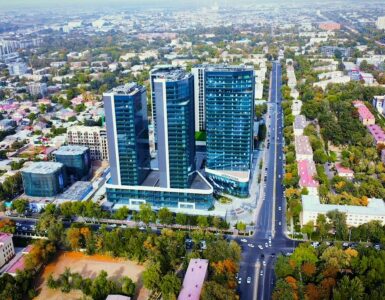Across Russia, more salmon fisheries are becoming sustainable and acquiring global certifications in recent years than ever before, but an industry-wide recognition of sustainability principles’ importance is still a work in progress.
There are a range of issues and motivations for private fisheries to invest in global certifications of sustainability practices: they want to be able to enter new markets and they also want to meet long-term challenges of climate change, localized overfishing and the growing mining industry in the Kamchatka and Sakhalin regions.
Natasha Novikova, founder of Portland, Oregon-based ForSea Solutions consulting firm, helps fisheries navigate these challenges and prepare for the future. With a background in NGO management, Novikova set up her own consulting firm five years ago. She advises 35 fishing companies in Russia on how to ensure successful Fishery Improvement Project (FIP) implementation and Marine Stewardship Council (MSC) assessments to meet certification standards.
The percentage of certified salmon fisheries has been steadily rising since 2017, dropping off in 2020. The number of fisheries with sustainability certifications has surpassed 50% since 2019, according to data shared by ForSea Solutions.
“They need better access to (global) markets because now in the last 10 years, they have realized that the Chinese processors will not take just any fish anymore, and the Chinese processors are being pushed now by the American or European buyers,” Novikova says. “What drives them to gain MSC certification is a rapidly growing global trend for sustainability and associated with it a strong market response to demand more sustainable products.”
While there is limited funding from international organizations like the World Wildlife Fund (WWF) and Russian fishery authorities, most fisheries invest out of their own pockets to procure sustainable certification.
According to Russia’s Federal Agency for Fisheries data, 2020 was the “worst season” for Russia’s salmon fisheries in a decade. Aleksei Baitaliuk, the deputy head of the Pacific branch of VNIRO, commented that the “results of the 2020 salmon season may indicate the end of big salmon stocks in the Russian Far East” and that the decline of volumes would be gradual, SeafoodSource reported.
The drive towards sustainability has been a slower, more organic process.
“They are proud to maintain this [existing supply] and protect these species, so the fishing companies in the last 10 years have been kind of gradually going towards sustainability,” Novikova explains.
Similar to the U.S. and other markets, there are also risks associated with investing in sustainable development and fishing in particular.
“Nobody can put a concrete assurance on the return of the fish: it can be a really good year and can be a super bad year,” Novikova notes. “Sustainability does not mean that you catch the same volume. It means that you catch and you fish, but the stock does not go below a certain level.”






Add comment